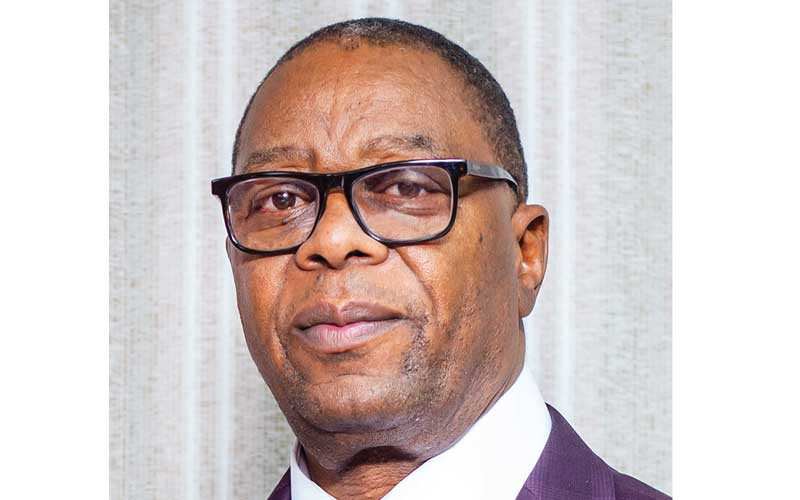
GOVERNMENT says it is committed to enabling universal access to sexual and reproductive health rights (SRHR), but needs support from technical and development partners to achieve the goal.
Addressing delegates in Harare on Monday attending a high-level meeting to review the country’s progress on the International Conference on Population and Development Programme of Action (ICPDPoA) and the launch of the 2024 State of the World Population Report, Health and Child Care minister Douglas Mombeshora said: “To ensure that the next 30 years of progress includes everyone, we must pivot towards providing comprehensive, universal and inclusive sexual and reproductive healthcare and guaranteeing rights for all, regardless of their background.”
He called for the designing of tailored and targeted health programmes that address the economic, social, political and environmental injustice that impact people’s health and rights.
“It also means moving beyond measuring human experiences in broad averages and committing to the collection of disaggregated data across a variety of factors,” he said.
The meeting brought together government officials, United Nations Population Fund (UNFPA) representatives, and partners to discuss ways to enhance co-operation and investment in population and development issues.
Meanwhile, the 30th anniversary of the ICPD served as a backdrop, highlighting the importance of continued collaboration to address challenges affecting development.
UNFPA executive director Natalia Kanem reiterated the need for sustained investment and global solidarity to complete ICPD’s unfinished business.
“In the space of a generation, we have reduced the unintended pregnancy rate by nearly one-fifth, lowered the maternal death rate by one-third, and secured laws against domestic violence in more than 160 countries.
- SAYWHAT’s peer education arm touches young girls
- Child marriage: A heavy cost for young girls in Africa
- Child marriage comes with a heavy cost
- Zanu PF old guard retain CC posts
Keep Reading
“Despite this progress, inequalities within our societies and health systems are widening, and we have not adequately prioritised reaching those furthest behind. Our work is incomplete, but not impossible with sustained investment and global solidarity,” she said.
The partners acknowledged Zimbabwe’s progress in reducing maternal mortality, increasing access to family planning and investing in contraceptives.
However, they also recognised the persisting challenges, which include high adolescent pregnancy rate, limited access to SRHR services, and unmet need for family planning, particularly in rural areas.
Through the co-operation, the government, UNFPA and partners aim to prioritise reaching those furthest behind and ensure universal access to SRHR, thereby fulfilling ICPD’s commitments.






